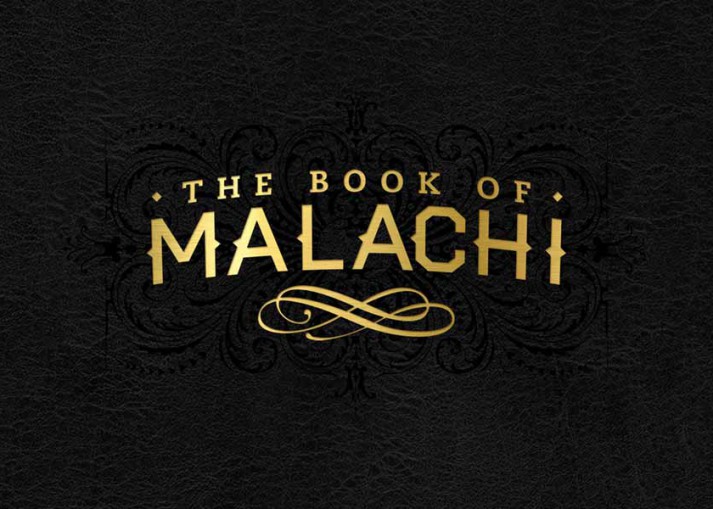MALACHI 4
Bible Study Notes Rev. Betsy Perkins
Surely the Day is Coming!
- What do you imagine the Day of Jesus’ Coming will be like?
Like a Furnace or Like a Sunrise? (4:1-3):
- The Day of the Lord’s Coming will be like a furnace for some people? For whom? Why?
- The Day of the Lord’s Coming will be a sunrise for other people? For whom? Why?
- Malachi wrote this before Jesus’ First Coming. Were any of these prophesies true in that day of First Coming or are they all still to take place in the future?
- What will we experience in that New Day?
Listen to the Prophets! (4:4-6):
- Malachi’s instruction to “remember the law” (4:4) means more than just recalling what the commandments are and being able to list them. What is he telling the Israelites to do?
- We now live under the new covenant established by Jesus rather than the old covenant established through Moses. What is our responsibility to the laws and decrees of the Old Testament? (See Romans 5-8 for Paul’s indepth explanation.)
- Elijah lived at least 400 years before Malachi, so the Jews often wondered what this promise meant. Read John 1:19-23. What are the Levites investigating? Read Matthew 17:9-13. What are the disciples asking Jesus about?
- So was John the Baptist the expected “Elijah” or not? If not, is this prophesy yet to be fulfilled?
- Do you agree with Warren Wiersbe?
Inasmuch as ‘the great and terrible day of the Lord” did not occur in New Testament times, we have to believe that John the Baptist was not the promised Elijah, even though he ministered like Elijah. Therefore, this prophesy is yet to be fulfilled. It may well be that Elijah will return to earth as one of the two witnesses (Rev. 11:3-11), for the signs that these two men will perform remind us of the miracle of Elijah. After the ministry of the witnesses, the Lord will pour out His wrath upon the earth (Rev.11:18) and the day of the Lord will burst upon the world in its fury.
- “Turning hearts” implies repentance and reconciliation. What will “Elijah’s” coming ministry accomplish and what will it look like? What if it’s not successful?
- What word does the Old Testament scriptures end with? When the Chosen People entered the Promised Land, they were instructed to “totally destroy” the ungodly nations (Deuteronomy 7:1-11). Why must those who ultimately refuse to acknowledge God need to be destroyed?
It seems odd that the Old Testament Scriptures should end with the word ‘curse’ (KJV: smite the earth with a curse). When we get near the end of the New Testament, we read, “And there shall be no more curse” (Revelation 22:3). All of creation is eagerly awaiting the return of the Savior, expecting Him to deliver creation from the bondage to sin. We too should be expecting Him and, while we’re waiting, witness of Him to others. For when the “sun of righteousness” arises, it will mean either burning or blessing: blessing to those who have trusted Him, burning to those who have rejected Him… For you, what will that last word be? ~ Warren Wiersbe
In light of this passage and our discussion, what one truth about God and about yourself stand out as something to “take to heart” this week?
Are there steps you will take, by God’s grace, to more fully apply it to your life?
Resources: NIV Zondervan Study Bible, 2015
J. Gordon McConville, Exploring the Old Testament: A Guide to the Prophets, Volume 4, 2002
Dr. Larry Crabb, 66 Love Letters, 2009
Warren Wiersbe, Be Amazed: Restoring an Attitude of Wonder and Worship, 1996
Tim Mackie, The Bible Project, How to Read Malachi (RightNowMedia)


Add Your Comment